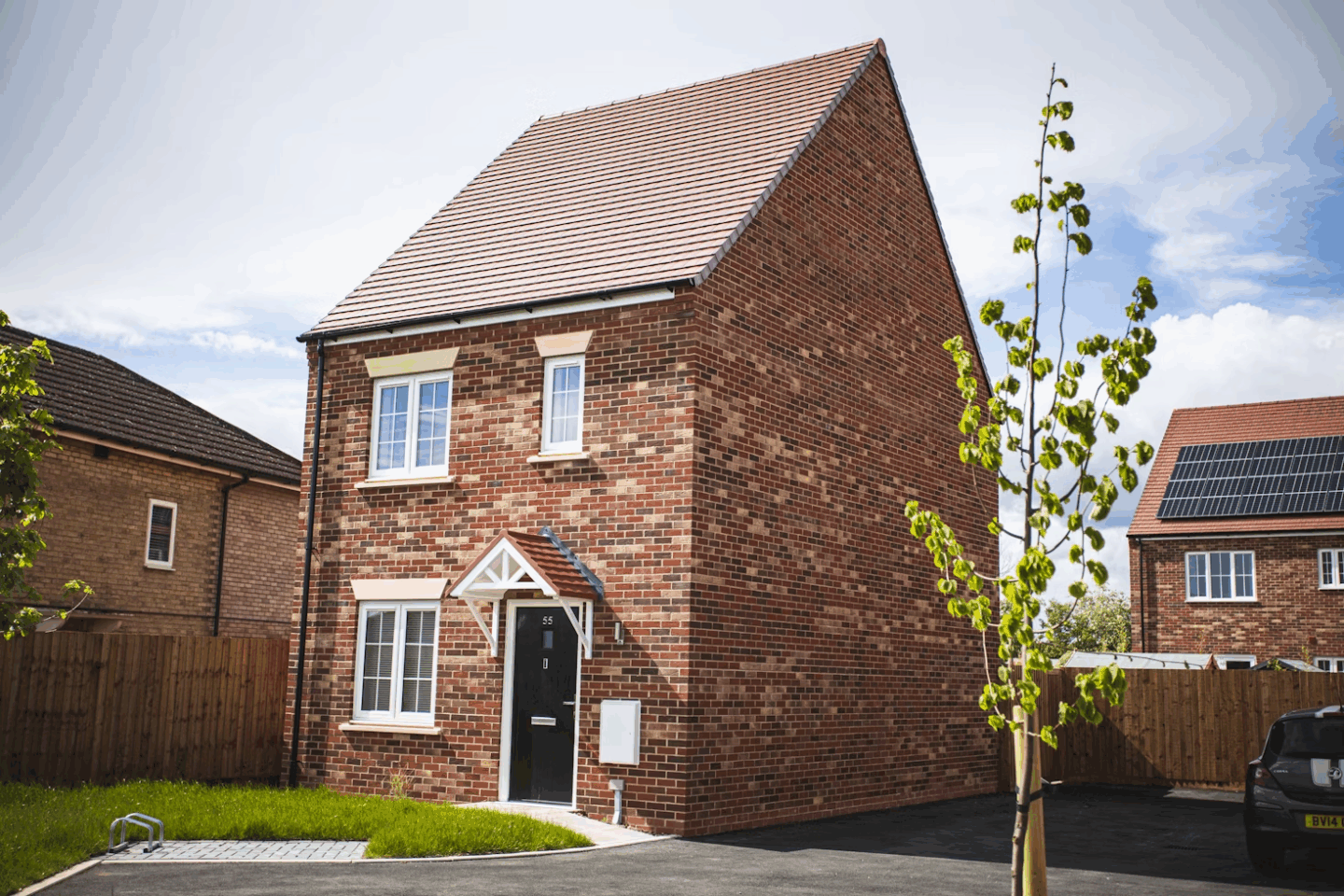
Photo by James Feaver on Unsplash
Choosing your first home is an exciting milestone, but deciding between a new build and an existing property requires careful consideration of your priorities, finances, and long-term plans as a young couple embarking on homeownership.
1. The appeal of new-build homes
New-build properties offer compelling advantages for first-time buyers, particularly energy efficiency and modern design features that align with contemporary living needs. These homes typically achieve superior energy ratings, with modern insulation, efficient heating systems, and double glazing reducing utility bills compared to older properties. The layouts are designed for modern lifestyles, often featuring open-plan living areas that maximise space and natural light. New builds come with warranties, typically covering structural issues for ten years, providing peace of mind during your early years of homeownership. The contemporary fixtures, integrated appliances, and smart home technology eliminate the immediate need for costly upgrades, whilst flexible room configurations can adapt as your circumstances change.
2. Government schemes for first-time buyers
Several government initiatives specifically support first-time buyers purchasing new builds, making these properties more accessible than traditional market purchases. The First Homes scheme offers discounts of 30-50% on newbuild homes for eligible local first-time buyers and key workers, with properties remaining affordable in perpetuity for future buyers. Income limits apply, with £80,000 annually or £90,000 in London, and properties must cost under £250,000 after discount (£420,000 in London). Shared ownership allows you to purchase a percentage share of a new-build property whilst paying subsidised rent on the remainder, requiring smaller initial deposits. The government’s mortgage guarantee scheme helps secure 95% mortgages on properties under £600,000, making new builds accessible with just 5% deposits.
3. Financial considerations
Understanding the complete financial picture helps determine whether new builds represent good value for your circumstances. Recent data shows that the average first-time buyer house price was £311,034 in 2024, with typical deposits averaging £61,090. New builds often command premium prices, sometimes 10-15% above equivalent existing properties, but this reflects modern specifications, warranties, and energy efficiency. Lower running costs can offset higher purchase prices over time, whilst government schemes can lower upfront costs. Consider additional expenses like reservation fees, legal costs, and potential delays that might affect your moving timeline and budget.
4. Potential drawbacks and how to mitigate them
New builds aren’t without challenges, but understanding these helps you make informed decisions and protect your investment. Room sizes are sometimes smaller than in older properties, reflecting modern building economics and land costs. Research developers thoroughly, checking their reputation, previous developments, and customer satisfaction ratings through independent surveys and online reviews. Understand your contract completely, particularly regarding specifications, completion dates, and penalty clauses. Consider new-build homes from established developers with strong local reputations and comprehensive after-sales support. Arrange professional snagging surveys to identify any issues before completion, and make sure that you understand your warranty coverage and how to access remedies if problems arise.
For young couples, new builds can provide an excellent foundation for homeownership, combining modern living standards with government support schemes, though thorough research and realistic financial planning remain essential for making the right choice.
